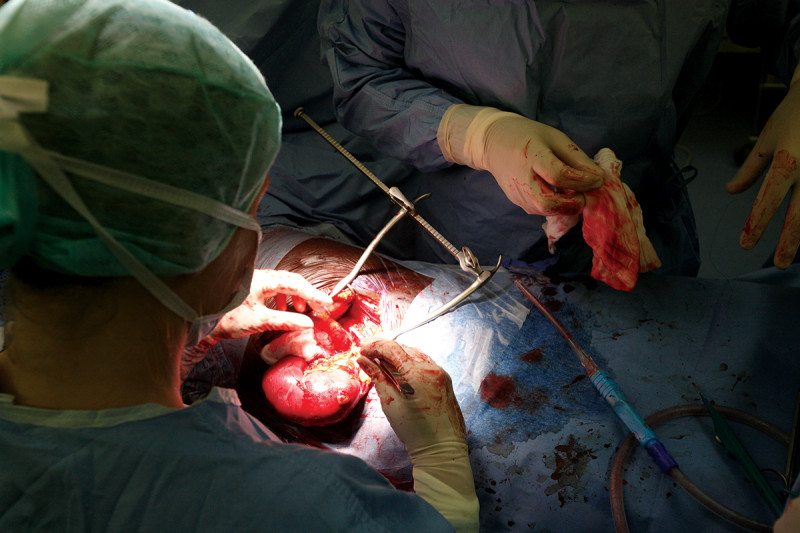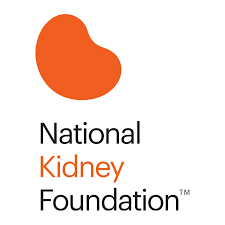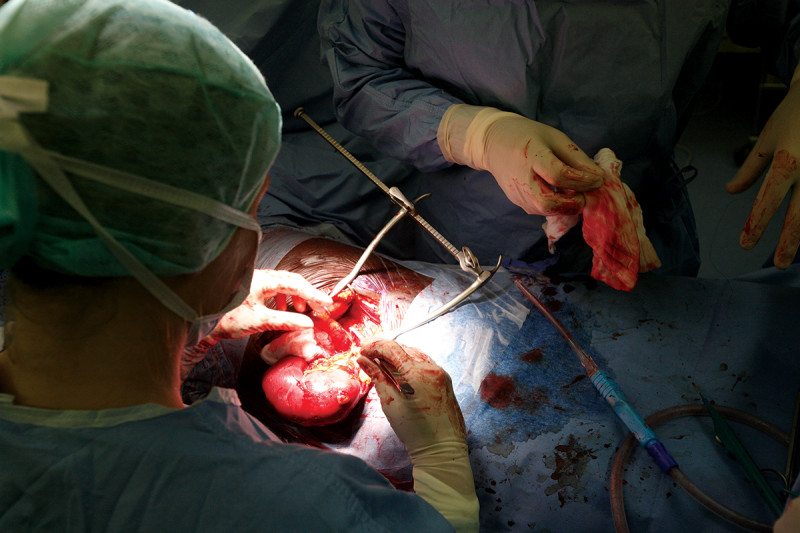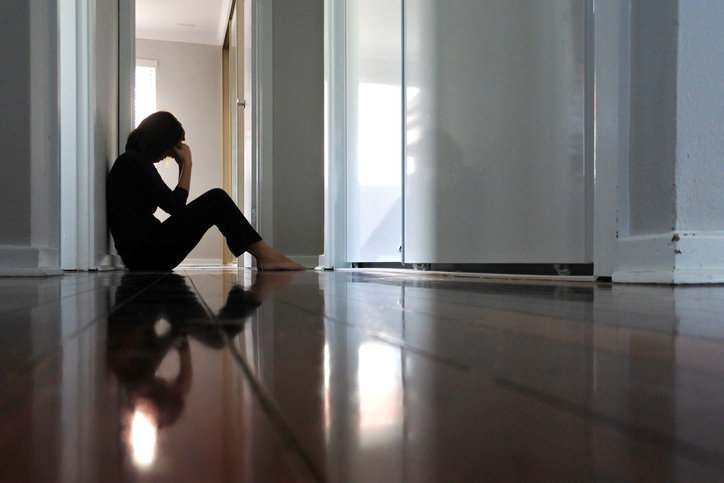Kidney transplant (KT) waitlist candidates may have a higher rate of SARS-CoV-2 positivity than official government data indicate, according to investigators presenting at the virtual American Transplant Congress 2021.
Of 400 waitlist candidates who resided in Georgia counties with an above-average COVID-19 case rate in August 2020, 28 candidates tested positive for antibodies to SARS-CoV-2, yielding a 7% positivity rate. (Use of hemodialysis and peritoneal dialysis was comparable between KT candidates who tested positive and negative.)
Read full article, here.






